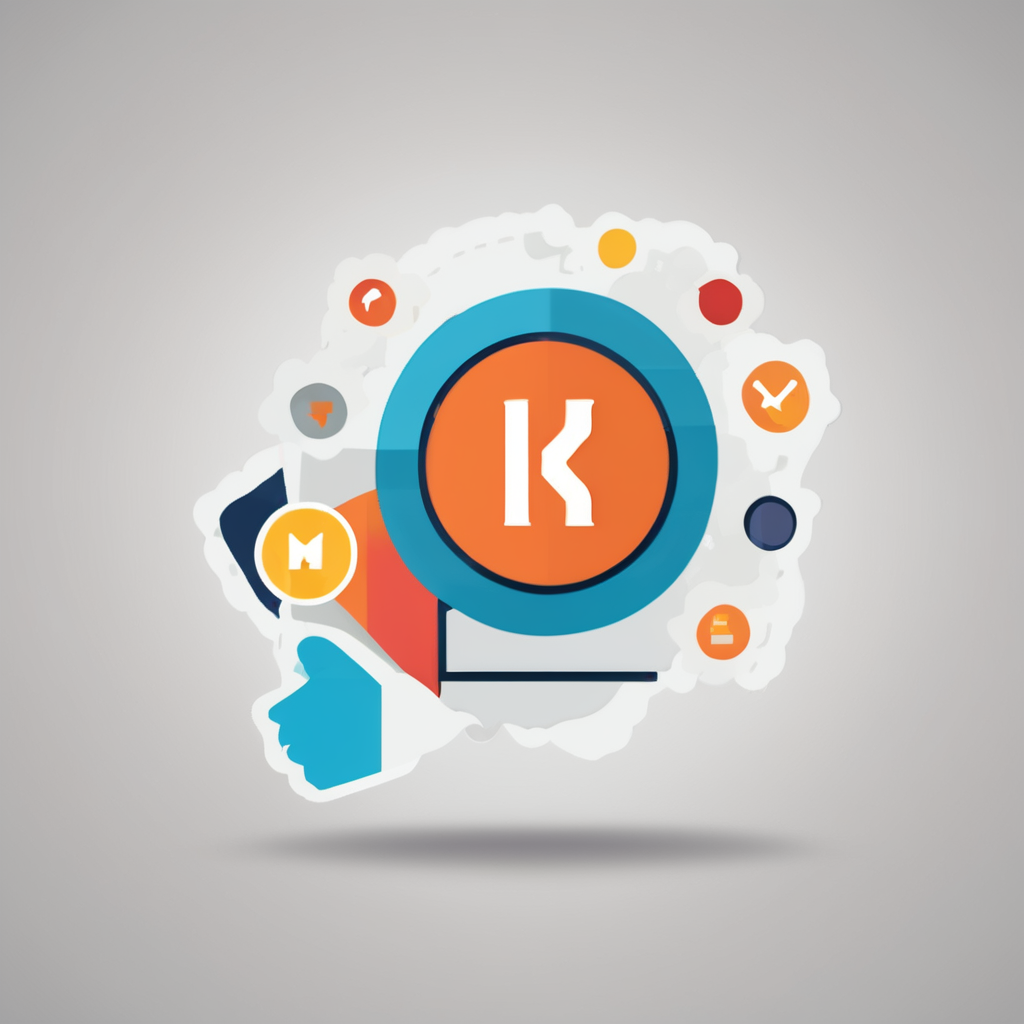In a rapidly evolving rental market, landlords need effective tools to streamline operations and boost profitability. Digital property management solutions in the UK offer a wealth of opportunities to maximize rental income. From automating tenant communications to optimizing maintenance schedules, these innovative platforms can enhance the landlord experience. Discover how leveraging technology not only simplifies property management but also drives revenue growth in today's competitive landscape. Unlock the potential of digital solutions and transform your rental strategy.
Understanding Digital Property Management Solutions
In today's rapidly evolving UK market, digital property management solutions have become indispensable tools for landlords and property managers. These solutions streamline operations, enhance rental income, and improve tenant satisfaction. By automating routine tasks such as rent collection and maintenance requests, digital platforms free up valuable time for property managers, allowing them to focus on strategic growth and tenant relations.
Avez-vous vu cela : Maximizing Your Mortgage Savings: A Comprehensive Guide to the Rent a Room Scheme in the UK
One of the key benefits of adopting technology in property management is the potential for rental income enhancement. Digital tools provide data-driven insights into market trends, helping landlords set competitive rental prices and identify potential areas for investment. Additionally, these platforms often include features like online payment systems and automated reminders, reducing the likelihood of late payments and improving cash flow.
Several trends are driving innovation in digital property management. The integration of artificial intelligence and machine learning is enabling more accurate predictions of market fluctuations, while blockchain technology is enhancing transparency and security in transactions. Furthermore, the growing demand for sustainable and energy-efficient properties is pushing developers to incorporate eco-friendly features into their digital solutions. As these trends continue to evolve, the adoption of digital property management solutions is expected to rise, offering even greater benefits to those in the industry.
Dans le meme genre : Exploring the Effects of New UK Zoning Laws on Transforming Office Spaces into Vibrant Residential Units
Innovative Tools for Rental Income Maximization
In the UK, property management software has revolutionized how landlords and property managers handle their portfolios. These rental tools offer a comprehensive suite of features designed to maximise rental income and streamline operations.
Popular software options include Arthur, Re-Leased, and RentPro. These platforms provide robust functionalities such as tenant screening, lease tracking, and financial reporting. By leveraging these tools, landlords can set competitive rental prices based on real-time market data, ensuring optimal returns.
A standout feature of these tools is their ability to automate and simplify complex tasks. For instance, automated rent collection and late payment reminders help maintain consistent cash flow. Additionally, integrated tenant communication systems foster better landlord-tenant relationships, leading to higher retention rates.
Consider the case of a property management firm in London that adopted Re-Leased. By utilising its financial analytics and reporting tools, they identified underperforming properties and adjusted rental strategies accordingly. This led to a 15% increase in overall rental income within a year.
These examples highlight the critical role of property management software in enhancing rental income. By adopting the right tools, landlords can effectively navigate the complexities of the rental market and achieve significant financial gains.
Best Practices for Using Digital Solutions
Integrating digital solutions into property management requires strategic planning. Consider these property management best practices to maximise the benefits of digital tools.
Firstly, assess your current operations and identify areas where digital tools can enhance efficiency. This might include automating rent collection or improving tenant communication. Tailor the digital solution to fit your specific needs rather than adopting a one-size-fits-all approach.
When adopting new technologies, be wary of common pitfalls. One frequent mistake is underestimating the time and resources needed for a successful implementation. Ensure you allocate adequate time for system integration and staff training. Additionally, avoid overwhelming your team with too many changes at once. Gradual implementation allows for smoother transitions and better adaptation.
Training is crucial for successful adoption. Provide comprehensive training sessions for staff and stakeholders to familiarise them with the new systems. Encourage a culture of continuous learning and support, ensuring everyone is comfortable with the technology.
By following these property management best practices, property managers can effectively integrate digital solutions, avoid pitfalls, and empower their teams to harness technology for improved efficiency and tenant satisfaction.
Comparative Analysis of Digital Property Management Platforms
Exploring the landscape of property management solutions can be daunting. A thorough platform comparison helps in identifying the right fit for your needs.
Top Platforms Reviewed
When it comes to property management solutions, certain platforms stand out. Arthur, Re-Leased, and RentPro are popular choices, each offering unique functionalities. Arthur excels in tenant communication, Re-Leased offers robust financial reporting, and RentPro is known for ease of use. Understanding these differences is crucial for selecting a platform that aligns with your management style.
Key Features Comparison
A platform comparison reveals diverse features across these solutions. Arthur offers comprehensive tenant communication tools, while Re-Leased focuses on financial analytics. RentPro provides an intuitive interface ideal for smaller portfolios. By evaluating these features, landlords can choose a solution that enhances their operational efficiency.
Pricing Models and Value Assessment
The cost of property management solutions varies significantly. Arthur and Re-Leased typically have tiered pricing based on portfolio size, offering flexibility for different budgets. RentPro, on the other hand, provides a flat-rate model. Analyzing these pricing models against the benefits offered is essential to ensure value for money. Landlords should consider both immediate costs and long-term savings when making their decision.
Impact of Digital Management on Tenant Experience
In the realm of property management, tenant experience is paramount. Digital tools significantly enhance tenant communication and satisfaction by providing seamless channels for interaction. For instance, platforms that offer instant messaging and notifications ensure tenants are informed and engaged, fostering a sense of community and belonging.
Technology plays a crucial role in streamlining maintenance requests. Digital platforms enable tenants to submit requests easily, track progress, and receive timely updates. This efficiency not only resolves issues faster but also reassures tenants that their concerns are being addressed promptly. Moreover, automated systems can prioritise urgent tasks, ensuring critical issues are handled swiftly.
Case studies highlight the positive impact of digital management on tenant retention. Consider a residential complex in Manchester that implemented a comprehensive digital engagement strategy. By integrating tenant feedback systems and automated maintenance tracking, they achieved a 20% increase in tenant satisfaction scores within six months. This boost in satisfaction translated to higher retention rates, reducing turnover and associated costs.
In conclusion, embracing digital engagement tools transforms the tenant experience. By enhancing communication and streamlining processes, property managers can build stronger relationships with tenants, ultimately leading to improved satisfaction and retention.
Industry Trends Shaping the Future of Property Management
The future of property management is being transformed by several industry trends, with emerging technologies at the forefront. Artificial Intelligence (AI) is revolutionising operations by providing predictive analytics for maintenance and tenant behaviour. This allows property managers to anticipate needs and optimise resources efficiently. Similarly, the Internet of Things (IoT) is enhancing building management through smart devices that monitor energy usage, leading to more sustainable practices.
Predictions for the evolution of digital property management solutions suggest a continued integration of these technologies. As AI and IoT become more sophisticated, we can expect more personalised tenant experiences and streamlined management processes. These advancements will likely drive further innovation in the sector, offering new ways to enhance efficiency and tenant satisfaction.
Regulations and market demands are also crucial in shaping the industry. With increasing emphasis on sustainability, property managers are expected to comply with stricter environmental standards. This has led to the adoption of green technologies and eco-friendly building practices. Additionally, the demand for transparency and security in transactions is pushing for the integration of blockchain technology, ensuring secure and verifiable records. These industry trends are setting the stage for a dynamic and technologically advanced future in property management.
Actionable Tips for Maximizing Rental Income
Navigating the rental market can be challenging, but with the right Rental Income Tips, landlords can significantly enhance their Maximizing Revenue strategies. One effective approach is implementing proven strategies to increase rental prices and occupancy rates. Regularly reviewing market trends and adjusting rental prices accordingly ensures competitiveness and maximizes returns.
Data analytics play a pivotal role in decision-making for landlords. By analysing tenant demographics, market trends, and property performance, landlords can make informed decisions that align with current demands. This data-driven approach not only helps in setting optimal rental prices but also in identifying potential areas for improvement or investment.
Marketing tools are crucial in attracting quality tenants, which in turn boosts occupancy rates. Utilising digital marketing platforms and social media can widen the reach and appeal of property listings. Highlighting unique property features and amenities in listings can attract tenants who value these aspects, ensuring a higher likelihood of long-term occupancy.
- Proven strategies for increasing rental prices
- Importance of data analytics in decision-making
- Leveraging marketing tools to attract quality tenants
By focusing on these actionable tips, landlords can enhance their rental income and ensure their properties remain desirable in a competitive market.


